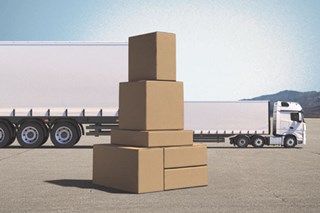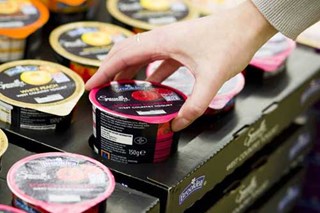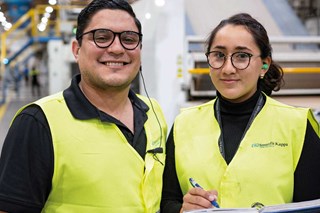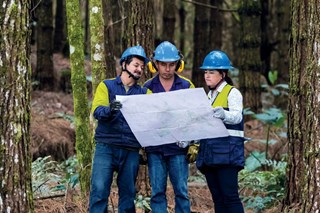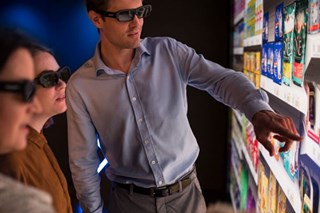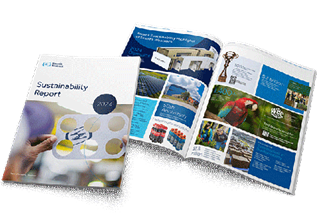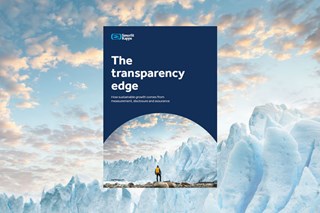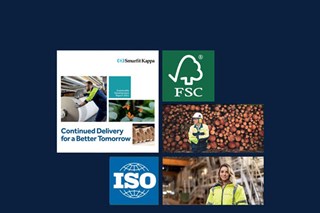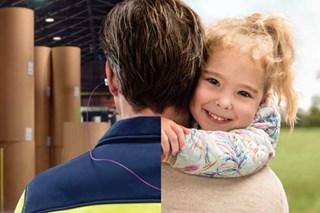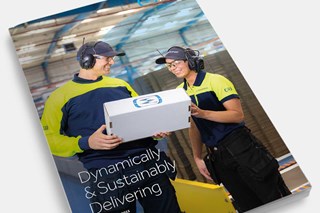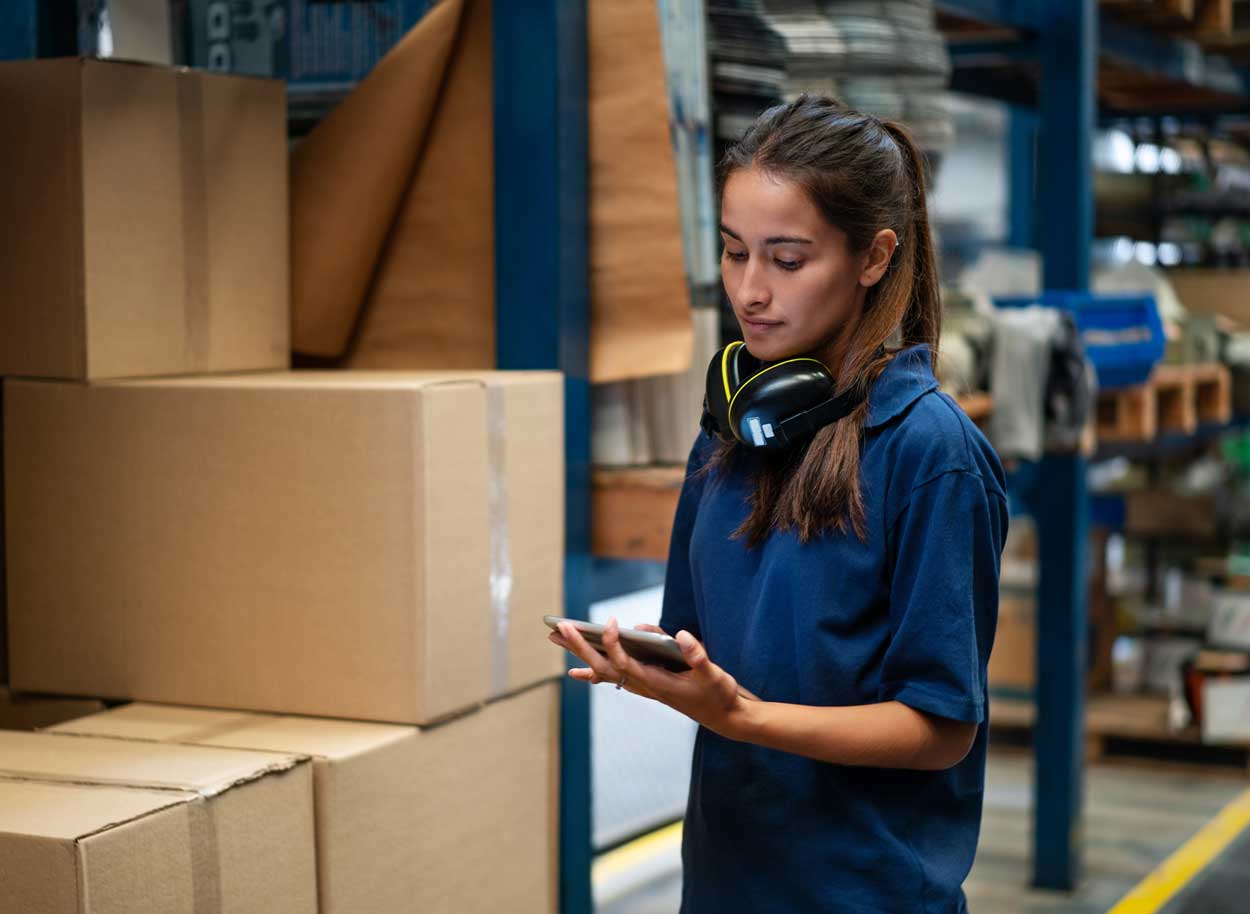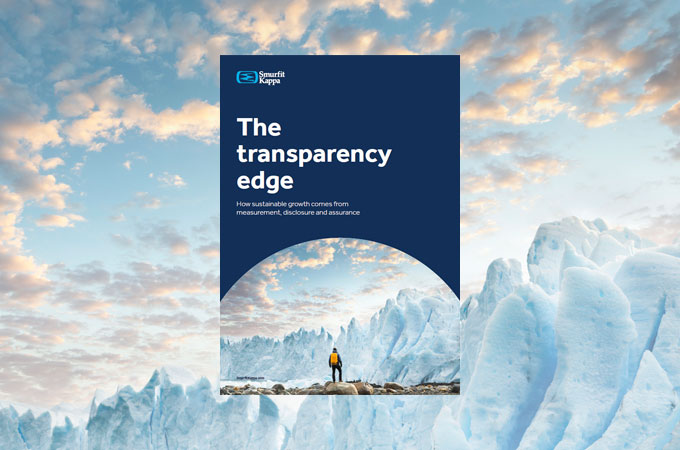Smurfit Kappa has partnered with the Financial Times to conduct a piece of research to answer some of the most pressing sustainability questions. In a world where sustainability is increasingly business critical, find out how businesses are using the power of transparency to accelerate true sustainability.
Businesses might think they are sustainable, but in a greenwashed market can they convince consumers?
Consumers today are well informed and sceptical: just 20 per cent trust brands’ sustainability claims. Tired of false and misleading promises, they want companies to make meaningful changes that are independently verified.
There are clear benefits for businesses. Nearly 6 in 10 consumers are willing to change their shopping habits to reduce environmental impact, and of those who are very committed to action on sustainability, 7 in 10 are willing to pay a premium for brands that provide this transparency. But many companies are not doing enough.
Nearly one-third of retail and consumer brands say their company’s actions rarely align with the sustainability ambitions they communicate to their stakeholders
According to new research commissioned by Smurfit Kappa and conducted by FT Longitude, lack of transparency is damaging brand credibility. In the survey of business leaders from retail and consumer companies, nearly one-third say their company’s actions rarely align with the sustainability ambitions they communicate to their stakeholders. When they do put out the right information, how do they show they can be trusted?
Data is where transparency begins
“The most important thing is not to push logos or endless campaigns that just confuse the customer,” says Arco Berkenbosch, vice president of innovation and development at Smurfit Kappa. “I’m a believer in the power of big data — that is what brings us a lot of trust.”
According to Smurfit Kappa’s research, poor access to data and supply chain transparency are stopping businesses from improving trust in their sustainability initiatives. One way to improve transparency is through traceability — monitoring products’ environmental impact at every stage of the supply chain.
“We have a database of over 100,000 supply chains that shows us precisely the average transport distance, the waste, the carbon footprint, the load efficiency and how many empty trucks there are,” says Berkenbosch.
“I’m a believer in the power of big data — that is what brings us a lot of trust.”
By sharing this data with customers, companies can prove that they are paying attention to sustainability and give customers the information they need to make an informed decision, which also increases trust.
“The transparency allows our customers to ask questions such as, ‘Is this packaging reusable, or is it actually reused?’ ‘If a truck is 90 per cent full, what does that mean in practice?’ ‘How does it compare with the rest of the supply chain?’,” says Berkenbosch. “If companies and consumers have this data, they are more equipped to navigate a path toward sustainability.”
Large, complex organisations can still be transparent
Many companies struggle to reach this level of transparency because they have thousands of products and suppliers, each with their own carbon footprint.
Grupo Éxito is one example of a large business that has risen to the challenge. The South American retailer monitors and mitigates its own carbon footprint alongside its Scope 3 emissions to help its suppliers to reduce their social and environmental impact.
“we have taken steps to map our suppliers to understand the most important groups to start working with,” says Claudia Campillo Velásquez, vice president corporate affairs and secretary general at Grupo Éxito. “A great example is the cattle industry, where we are working with suppliers to monitor territories for deforestation. We are also working with these suppliers to try and help them practise biodiversity conservation.”
Communicating these efforts is crucial to building trust. Grupo Éxito publishes extensive annual sustainability reports — one of the most effective ways to increase transparency for consumers, according to Smurfit Kappa’s research. Grupo Éxito’s online channels are another important transparency tool.
“Many young people only engage with us via social media, so we need to ensure they have access to the information they need,” says Velásquez. “The same goes for other stakeholders and our website.”
Sustainability does not end at the point of purchase
Some companies are now working to create circular value chains that limit waste, pollution and consumption while reusing as many raw materials as possible.
Pandora, the world’s largest jewellery maker, will exclusively use recycled silver and gold by 2025, which could save the equivalent of 37,000 tonnes of CO2 per year. It will source these recycled metals using the Responsible Jewellery Council’s Chain of Custody standards — which adheres to a strict definition of what recycled means — to ensure that the whole process is verifiable, certified and traceable.
“The validity of our sustainability data should be equal to all the data coming out of the company, and so we're always preparing for that." says Mads Twomey-Madsen, Pandora’s vice president of corporate communications and sustainability. "We have also established an organisation with a central sustainability function and then embedded resources in many parts of the company, because we think that that's the way forward to make sure that this is credible and it's embedded in the business.”
“What is important is that we understand the roadmap to the perfect situation, and transparency helps to define that.”
Steps like these can convert a cynical consumer into a loyal customer. By establishing transparency as a baseline and being clear about their purpose and activities, companies can build genuine trust in their sustainability mission and carry customers with them.
“The challenge is not about defining the final, ideal sustainable package or supply chain — that does not exist,” says Berkenbosch. “What is important is that we understand the roadmap to the perfect situation, and transparency helps to define that.”

